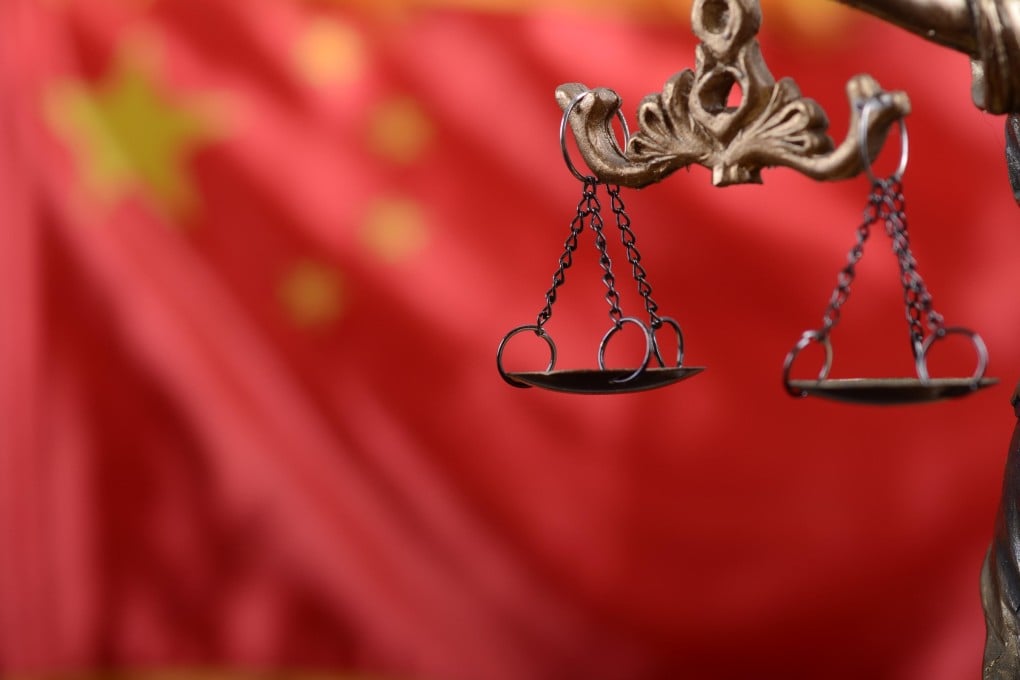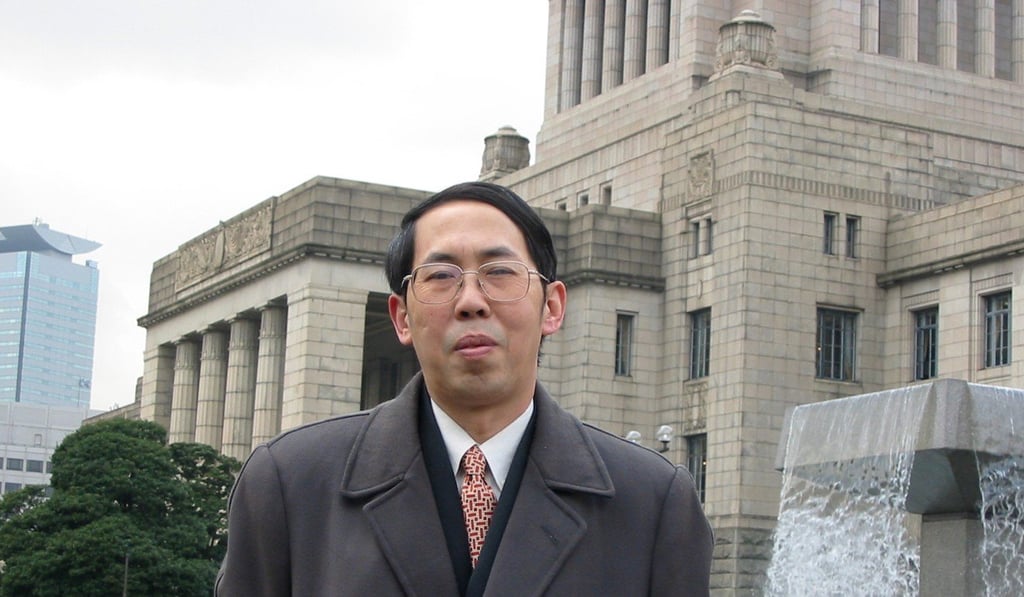US accused of undermining trade talks by demanding ‘hundreds’ of changes to Chinese law
- State Council adviser Shi Yinhong says America’s insistence on strong intellectual property protections is asking too much of Beijing
- Chinese officials have started to think ‘no deal is better than a bad deal’ as the gap between the two sides continues to widen

The United States has been accused of demanding “enormous, even hundreds” of changes to Chinese laws to protect intellectual property, according to a Chinese government adviser, who said it was a key factor in the collapse of the trade talks.
Shi Yinhong, a prominent international relations scholar from Renmin University, said the gap between the two sides was widening as Washington demanded a strong enforcement mechanism while Beijing wanted more leeway.
He said China could only agree to a “relatively weak enforcement mechanism” without too much scrutiny and there should not be automatic penalties for violating the agreement.
Shi, who is also an adviser to the State Council, the country’s cabinet, was speaking on the sidelines of a security conference in Hong Kong.
He continued: “From early May, China began to think that no deal might be better than a bad deal, and right now China and the US have fundamentally contradictory attitudes as to what would be a good deal.
